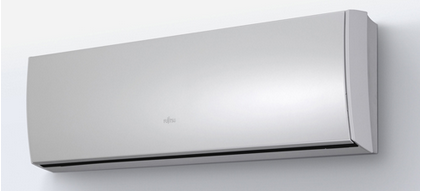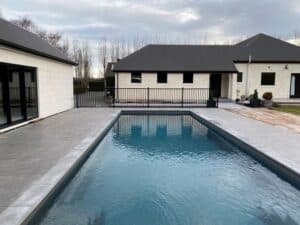There are many steps people take to get a good sleep – setting a bedtime, turning off technology, getting into a routine or reading just before they fall asleep. While these are all well intended, often the problem lies within what the person is sleeping on rather than their routines.
There is no denying the difference being well rested can make. Sleeping on a bad bed caused neck injuries, back injuries, shoulder injuries and of course well being injuries. Sleeping on a good bed leaves people physically and mentally equipped to take on the day.
When choosing the right bed there are several things you need to consider which can be quite stressful. But any sleep you lose over research may gain you hundreds of hours of better sleep. Here are several things to consider:
1. All About that Base
Just like building a house, a sturdy foundation makes all the difference. For example when looking for renovations in the Waikato, you wouldn’t select a builder who uses styrofoam or thin metal for the foundation! The same should be true when looking for a bed base. Choose natural materials, preferably from a sustainable source.
2. Don’t Just Choose a Comfortable Mattress
While you certainly want a comfortable mattress, the most comfortable one may not meet your needs. Are you a side, back or stomach sleeper? Wikihow says some mattresses accommodate for these. Also ask whether you have any mobility issues. If you are really itching for your best sleep, take your height into account.
3. Weigh Short Term and Long Term
If you are willing to splurge on a mattress that will last years, look into getting a pure latex mattress which may last 10 to 25 years. However if you are on a tighter budget but still want a comfortable and durable mattress, cotton and wool mattresses work well.
If you are still unsure about what’s best for you, try asking a digital expert. I found this neat little program here which uses a simple quiz to find your best fit.










